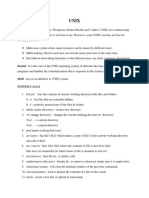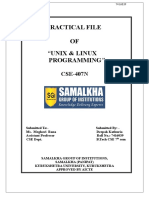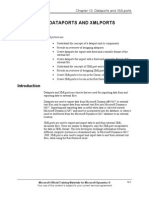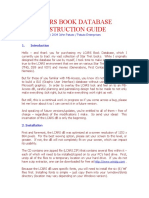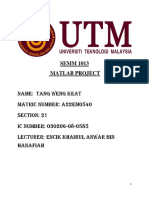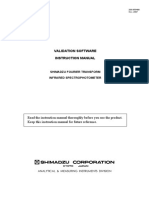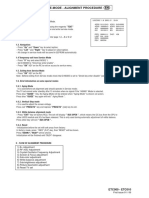0% found this document useful (0 votes)
68 views26 pagesMCA Unix Lab Manual
The document is a UNIX lab manual for MCA II semester students, detailing basic UNIX commands and their usage, including file management, process utilities, and directory handling. It also includes several shell script exercises for tasks such as file permission checking, word counting, and file merging. Additionally, it provides a C program example that demonstrates file copying using system calls.
Uploaded by
u19go21s0046Copyright
© © All Rights Reserved
We take content rights seriously. If you suspect this is your content, claim it here.
Available Formats
Download as PDF, TXT or read online on Scribd
0% found this document useful (0 votes)
68 views26 pagesMCA Unix Lab Manual
The document is a UNIX lab manual for MCA II semester students, detailing basic UNIX commands and their usage, including file management, process utilities, and directory handling. It also includes several shell script exercises for tasks such as file permission checking, word counting, and file merging. Additionally, it provides a C program example that demonstrates file copying using system calls.
Uploaded by
u19go21s0046Copyright
© © All Rights Reserved
We take content rights seriously. If you suspect this is your content, claim it here.
Available Formats
Download as PDF, TXT or read online on Scribd
/ 26








